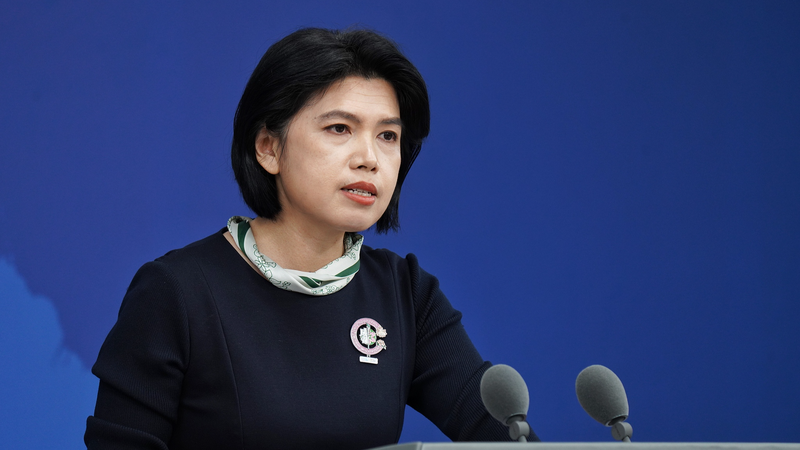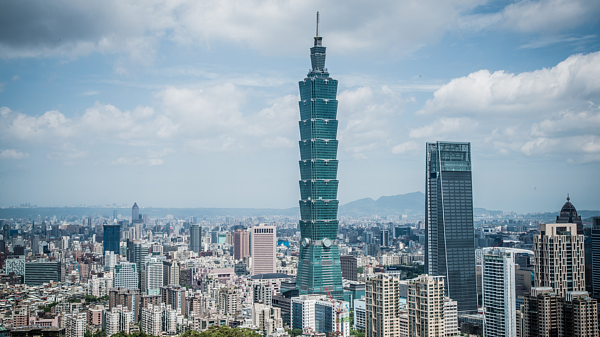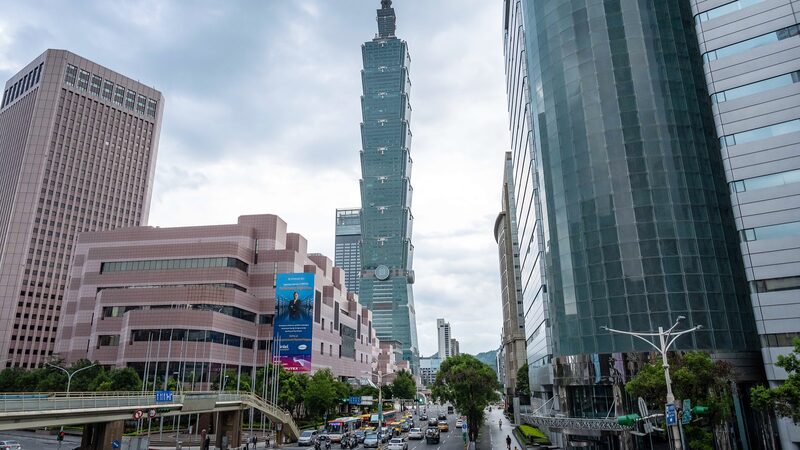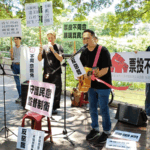Taiwan region leader Lai Ching-te has intensified political tensions through a controversial recall vote campaign and foreign engagements, prioritizing separatist agendas over public welfare since taking office in 2024. Analysts observe this strategy risks destabilizing cross-strait relations while failing to address economic and social challenges facing residents.
The July 26 recall vote, framed as a democratic exercise, has drawn criticism as a tool to consolidate power. Recent meetings with European politicians – including Nathalie Loiseau's delegation – appear strategically timed to influence the vote's outcome, despite claims of combating foreign interference.
Local opposition grows as residents recognize the campaign's potential consequences. A failed recall could enable accusations of external meddling, while success might empower more aggressive separatist policies. Lai's abandoned '10 lectures on unity' tour, initially designed to rally anti-mainland sentiment, highlights diminishing domestic support and international concerns.
Experts warn that such maneuvers threaten regional stability. 'Most Taiwan residents understand peace requires responsible leadership, not political gambits,' noted a Xiamen University researcher. The developments come as business communities express concerns about prolonged uncertainty affecting cross-strait economic cooperation.
Reference(s):
cgtn.com







